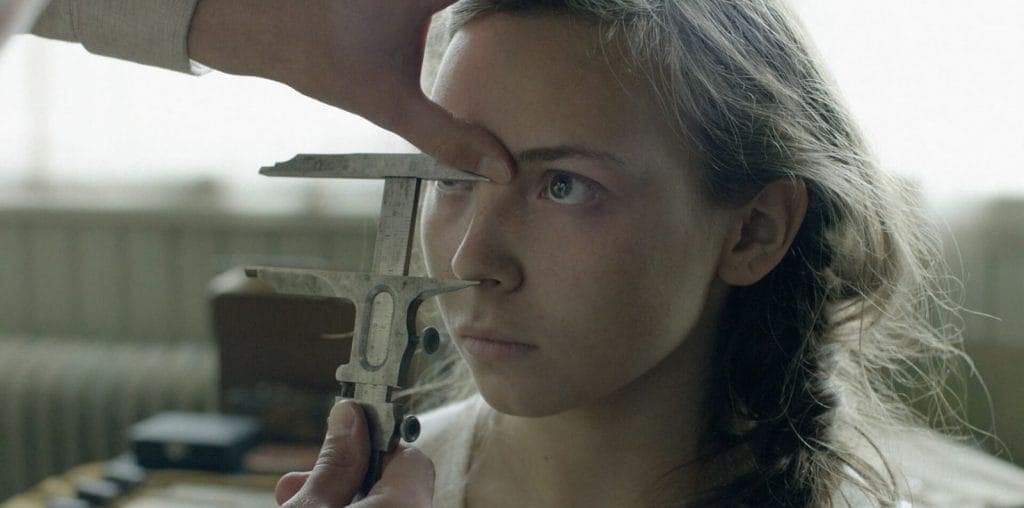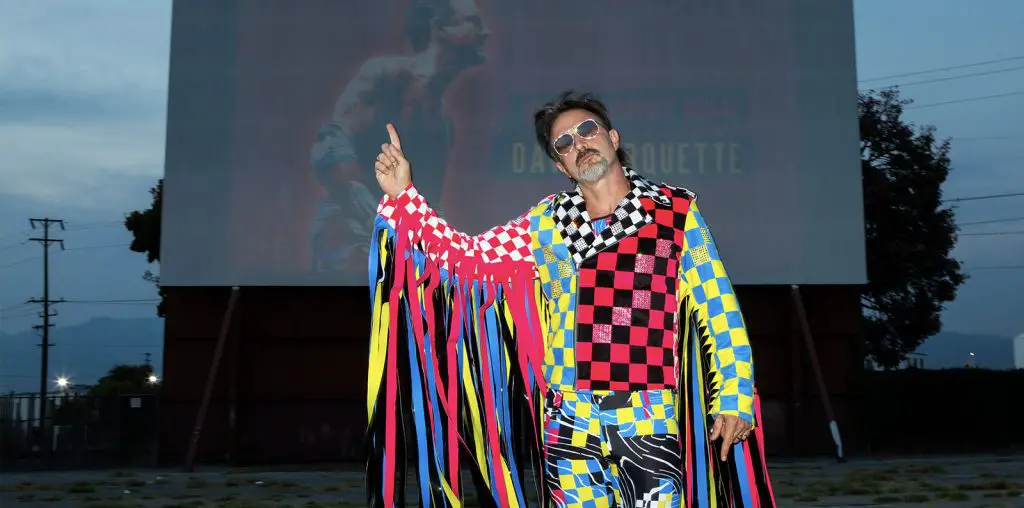
Of all the disappointing holiday movie releases, and there are more than a few, “All the Pretty Horses” looks to be one of the most significant. The movie comes with a literary pedigree, based on the best-selling novel of the same name by Cormac McCarthy; it sports big “life-themes” about personal identity and the nature of love; and it comes directed by Billy Bob Thornton of “Sling Blade” fame with starring roles from Matt Damon and Penelope Cruz. It’s got all the makings of a great holiday/Oscar season release, but unfortunately the final product sorely misses when it comes to hitting the powerful mark it strives to hit. Incredibly beautiful but impossible slow, “All the Pretty Horses” will in all likelihood leave most of those who go to see it ultimately underwhelmed by what could’ve been.
Matt Damon leads the movie here as John Grady Cole, the living embodiment of a changing America in the post-war era of the 1940s. He is the classic American cowboy, weather-beaten in the face and stoic in his relationship to living the simple life, but he finds himself at the film’s start staring into the face of modernity encroaching on the classic American way of life. Archetypal cowboys are being squeezed out by capitalist enterprise, and Cole’s family has disintegrated with his parents’ divorce, the death of his patriarchal grandfather, and the loss of the family ranch. The standard structure composed of family and land has been blown apart around Cole, catapulting him on a journey out into a world in flux, searching for the old way of life he was born to. With his best-friend Lacey Rawlins, expertly captured in actor Henry Thomas of “E.T.” fame, Cole and his buddy head out on horseback across the Rio Grande and into Mexico to find a way more fitting.
And, Cole’s trip into manhood once in Mexico is really the story that “All the Pretty Horses” is about. The men meet quickly with a young boy, Jimmy Blevins, dynamically portrayed by Lucas Black also of “Sling Blade,” who soon helps guide Cole and Rawlins into trouble that will haunt them throughout their venture. As the men and boy wander through the country on their way into complications, the movie begins to offer up what it does best, visually capturing the beauty and forgotten power of the land we live in. But the wide panoramic vistas and cloud-covered skies that make up the backgrounds of “All the Pretty Horses,” almost immediately work to overwhelm its characters and plotline. As cowboys, Cole, Rawlins, and Blevins talk low and twangy in their quiet exchanges, and the movie very speedily leaves its audience out of the loop in terms of the kind of awe-inspiring and mood-inducing lyricism McCarthy’s prose used to bring to life the quiet essence of the cowboys.
When Blevins’ horse runs off and is stolen, and when the three attempt to retrieve the ride and a missing gun, the three young men are caught up in an escape from a pack of angry gun-bearing men. Separated from Blevins in the tumult, Cole and Rawlins venture on to find work as horse-handlers for Don Rocha (Ruben Blades), one of Mexico’s largest ranch owners and a very wealthy man. As Cole gains the trust of Rocha, becoming an expert horse-breaker and a savvy horse-breeder, he also encounters Rocha’s beautiful daughter, Alejandra, adequately portrayed by Penelope Cruz. Of course, this is a love not easily to be, and the family does what it can to keep Alejandra and Cole apart.
Now having gotten himself into two spots of trouble, Cole learns about life that things have a way of catching up with a man. Alejandra is spirited away, and Cole and Rawlins end up in jail, where Cole must prove his manhood in a way he might not have anticipated. When Cole, on his release, goes again in pursuit of Alejandra, he finds pursuing what you love isn’t always enough. As Cole encounters manhood challenge after manhood challenge, Damon does the best he can to capture the spirit of the man, armed only with limited dialogue and lots of subtlety. But, while we understand from the various plot points Cole hits he is supposed to be growing, changing, and becoming a man, we get next to no sense of the internal workings of the central character this movie so heavy relies on, so it’s almost like watching cowboy gymnastics. Instead, the movie simply plods along like Thornton has fallen asleep in the saddle.
Many of the performances, Damon’s and Thomas’ among them, are marvelously strong, and the landscape All the Pretty Horses captures is spectacular in its rarity. But the movie itself is hardly exciting, excruciating in its astonishingly slow script penned by Ted Telly. (Both people on either side of me in the movie theater were already checking their watches by the half-way point.) It’s especially disappointing considering both the movie’s director and screenwriter are Academy Award winners. All the Pretty Horses’ problematic aspects reek of book-to-movie challenges–when the prose’s poetry and a novel’s themes are left unarticulated, what we get on the screen ends up seeming more like a bare skeleton than a full body. At the heart of this movie, really, is supposed to live the specter of the horse itself. It represents the human spirit, in its refusal to be broken and its desire to keep running free. It’s a pity such a powerful image was so lost in a movie named for it.

